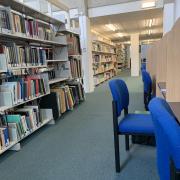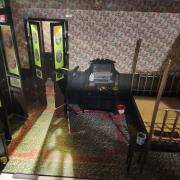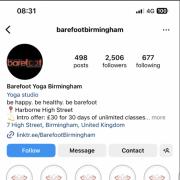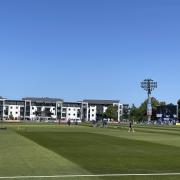
On March 23, at 11.38am police were called by the London Ambulance Service to attend to a man in his early thirties, after he was stabbed on Kennington Road, near the junction with Black Prince Road. Scotland Yard has issued a statement that described his injuries as “life-threatening”, and has reported that “officers are currently treating this incident as an attempted murder”.
This, unfortunately, is not an isolated incident, with knife crime leading to fatal injuries every three days in London. Since the beginning of 2018, 29 people have been killed with knives in the capital, and it has been calculated that if this continues, the rate will have increased by 50% since 2017 by the end of the year.
In the week prior to the incident, eight people in London were killed due to violent crimes, including 18-year-old Lyndon Davis, who was stabbed to death in Chadwell Heath, and 23-year-old Russell Jones, who was shot and stabbed outside a shopping parade in Enfield.
Almost a month before the week just mentioned, Sadiq Khan, London Mayor, requested a meeting with the Prime Minister, Theresa May, to tackle this very problem of knife crime, “not just here in London”, as he points out that “this is a national problem that requires national solutions”. Recently, Sadiq Khan has launched a campaign, London Needs You Alive - don’t carry a knife, to persuade young Londoners to avoid the weapons culture that so many are drawn into.
This week, Britain’s most senior police officer has stated that she believes the escalation of knife crime in London is due to the use of social media and websites such as Youtube, and mobile phone applications such as Snapchat. She told The Times, “There’s definitely something about the impact of social media in terms of people being able to go from slightly angry with each other to ‘fight’ very quickly.”



























